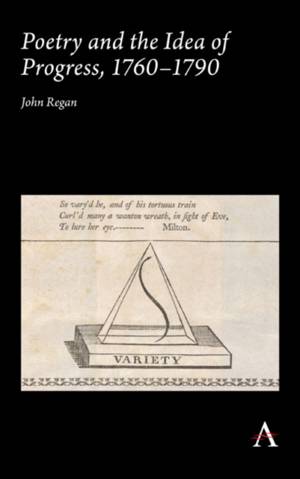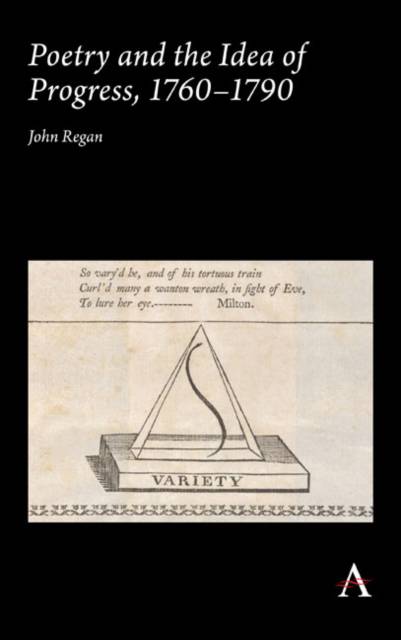
- Retrait gratuit dans votre magasin Club
- 7.000.000 titres dans notre catalogue
- Payer en toute sécurité
- Toujours un magasin près de chez vous
- Retrait gratuit dans votre magasin Club
- 7.000.000 titres dans notre catalogue
- Payer en toute sécurité
- Toujours un magasin près de chez vous
Description
'Poetry and the Idea of Progress, 1760-1790' explores the role of poetry in eighteenth-century thinking on human progress. Its central contention is that the textural, verbal characteristics of poetry were a crucial form of response to ideas of human development. That is, the aesthetics of verse - how poetry appeals to the senses as well as to the intellect - constitute inadequately appreciated forms of response to the ideas of progress which were developing and gaining popular traction in Britain in the period 1760-1790.
Spécifications
Parties prenantes
- Auteur(s) :
- Editeur:
Contenu
- Nombre de pages :
- 222
- Langue:
- Anglais
Caractéristiques
- EAN:
- 9781783087723
- Date de parution :
- 10-04-18
- Format:
- Livre relié
- Format numérique:
- Genaaid
- Dimensions :
- 152 mm x 229 mm
- Poids :
- 494 g







